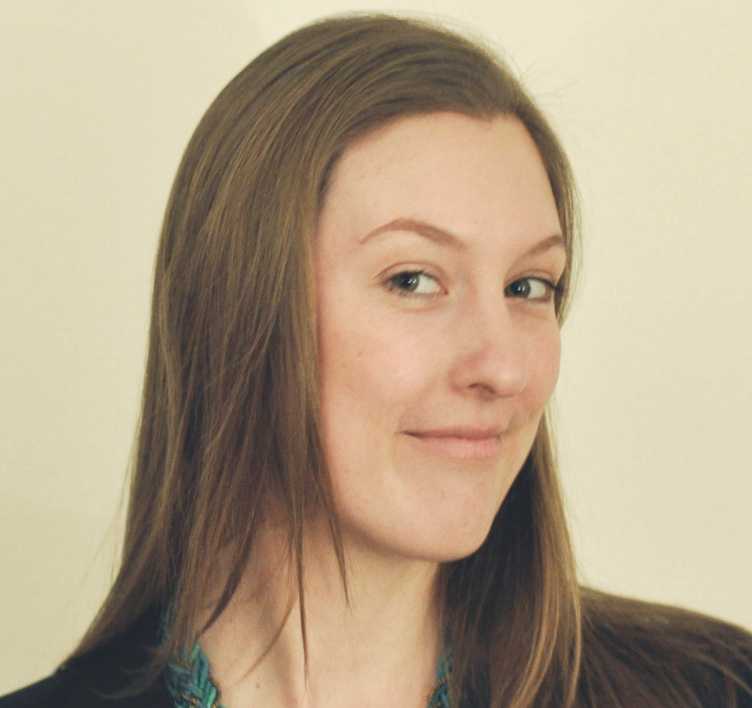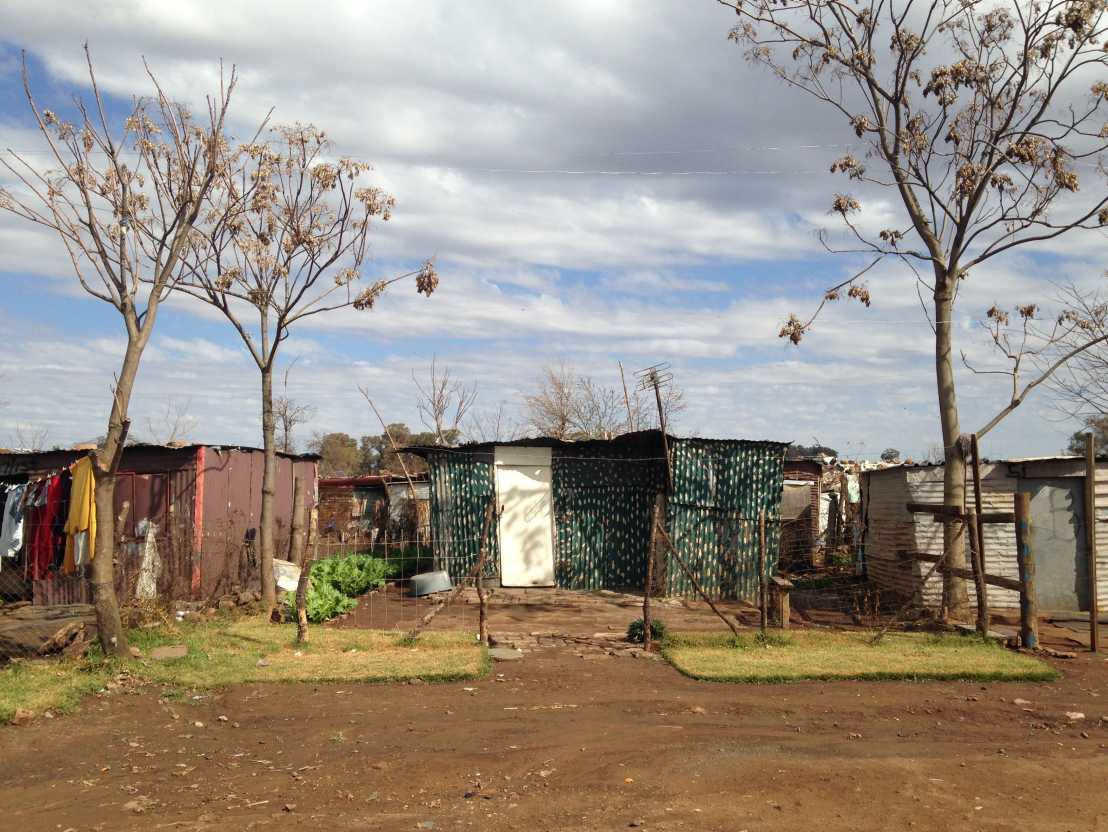E4D Fellow: Lindsay Blair Howe
Cooperative development strategies in Johannesburg, South Africa

Project duration: 2014 - 2017
Supervisor at ETH Zurich
Professor Christian Schmid (Chair of Sociology)
Collaborators
Prof. Alfredo Brillembourg, ETH Zurich
Prof. Philipp Harrison, University of the Witwatersrand
Partner institutions
Chair of Architecture and Urban Design, ETH Zurich
external page University of the Witwatersrand
external page The Gauteng City-Region Observatory
external page Planact
Project descritpion

Twenty years after apartheid, Johannesburg’s urban constellation continues to reflect patterns of uneven socio-spatial development; despite the scope of urban research, progressive spatial frameworks, and the construction affordable housing by state programs and private developers, the city-region has remained unable to overcome its structural inequalities. The project’s main hypothesis is that solutions relying on formal, top-down planning mechanisms often fail to address the everyday and informal patterns of the city; therefore, a strategy to reduce the socio-spatial inequality of the city, or its inequality footprint, must retrofit the existing urban fabric based on the needs and mobility patterns of low-income populations. Thus, development strategies from the perspective of its least privileged residents, or what could be entitled cooperative urbanism, would seek to actively contest patterns of inequality through intersectionality and transparent, participatory urban decision-making processes. This concept will be defined and tested by examining the everyday anchor points and trajectories of residents in selected urban probes, comparing these to development plans by the City of Johannesburg and Gauteng Region, and evaluating local attempts at renewal and participatory design. As such, the project is expected to contribute to current debate on how effective punctual, incremental interventions in the existing urban fabric can improve urban equitability and sustainability.